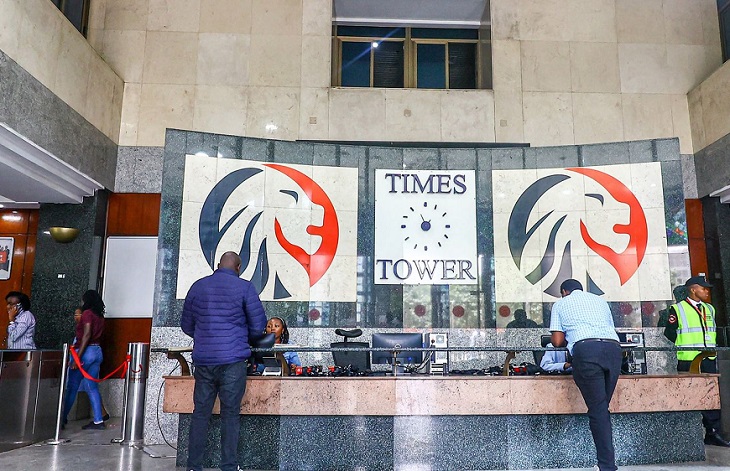Recent data from the Capital Markets Authority (CMA) of Kenya reveals a significant shift in investment preferences, with a notable increase in the number of Kenyans investing in Unit Trusts.
As of September 2024, the investor base in Unit Trusts expanded by 7% to reach 1,299,300 individuals. This trend underscores a growing inclination towards diversified investment vehicles over direct stock market participation.
Understanding Unit Trusts
Unit Trusts, also known as Collective Investment Schemes, pool resources from multiple investors to invest in a diversified portfolio of assets, including equities, bonds, and money market instruments. This structure offers investors professional management and diversification, potentially reducing risk compared to individual stock investments.
Related Content: Exploring Different Investment Strategies For Stock Trading In Kenya
Factors Driving the Shift
Several factors contribute to the increasing preference for Unit Trusts among Kenyan investors:
- Risk Mitigation: The diversified nature of Unit Trusts allows investors to spread risk across various asset classes, which is particularly appealing during periods of market volatility.
- Professional Management: Access to experienced fund managers enables investors to benefit from expert insights and strategic asset allocation.
- Accessibility: Unit Trusts often have lower entry thresholds, making them accessible to a broader segment of the population.
- Regulatory Oversight: The CMA’s stringent regulatory framework ensures transparency and investor protection, enhancing confidence in these investment vehicles.
Performance Highlights
Money Market Funds (MMFs), a subset of Unit Trusts, have been particularly attractive. In the second quarter of 2024, MMFs accounted for 67.4% of the total investment allocation within Unit Trusts, up from 65.9% in the previous quarter. The assets under management in MMFs increased by 15.2% to Kshs 171.2 billion during this period.
Leading the market, the CIC Unit Trust Scheme held 22.3% of the market share with assets totaling Kshs 70.3 billion, marking a 5.3% increase from the previous quarter. Sanlam Unit Trust followed, with assets growing by 25.4% to Kshs 46.8 billion.
Implications for the Stock Market
The burgeoning interest in Unit Trusts suggests a potential shift in capital allocation away from direct stock market investments. This trend could lead to decreased liquidity and trading volumes on the Nairobi Securities Exchange (NSE). However, it also indicates a maturing investment landscape where individuals are seeking diversified and professionally managed investment avenues.
Future Outlook
The CMA’s approval of innovative products, such as Safaricom PLC’s Ziidi Money Market Fund accessible via the M-PESA platform, exemplifies efforts to make investment products more accessible to the public. Such initiatives are likely to further boost participation in Unit Trusts, contributing to the deepening of Kenya’s capital markets.
In conclusion, the rising investment in Unit Trusts reflects a significant evolution in Kenya’s investment culture, driven by a desire for diversification, professional management, and accessible investment options. As this trend continues, it will be essential for stakeholders to monitor its impact on the broader financial ecosystem and ensure that both investors and markets adapt effectively.
Related Content: Is It Time For Kenyans To Embrace Money Market Funds?













